Geospatial Research Seminar Series (GRISS) – 28 May 2021
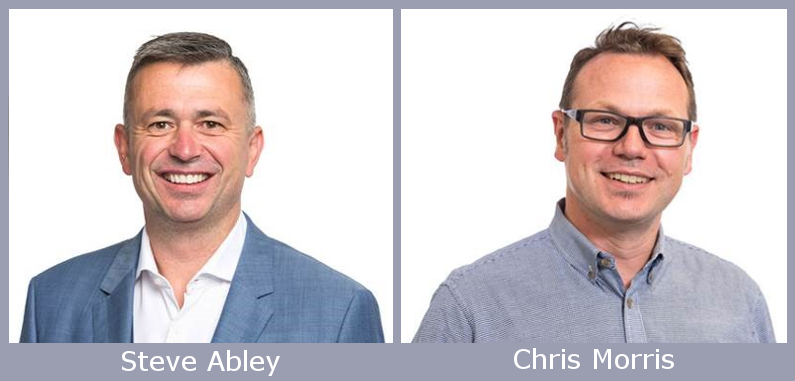
NZ now has a tool that has been developed to identify high risk locations for safety interventions in order to reduce the horrific financial and emotional cost of road fatalities. The Safer Journeys Risk Assessment Tool or more commonly, ‘MegaMaps’, and has been produced by Waka Kotahi NZ Transport Agency with the assistance of Abley, a national professional services firm. The tool is a significant asset for New Zealand. This presentation will explain the tool, how it came to exist and why it is unique nationally and globally.
Geospatial Research Seminar Series (GRISS) – 30 April 2021
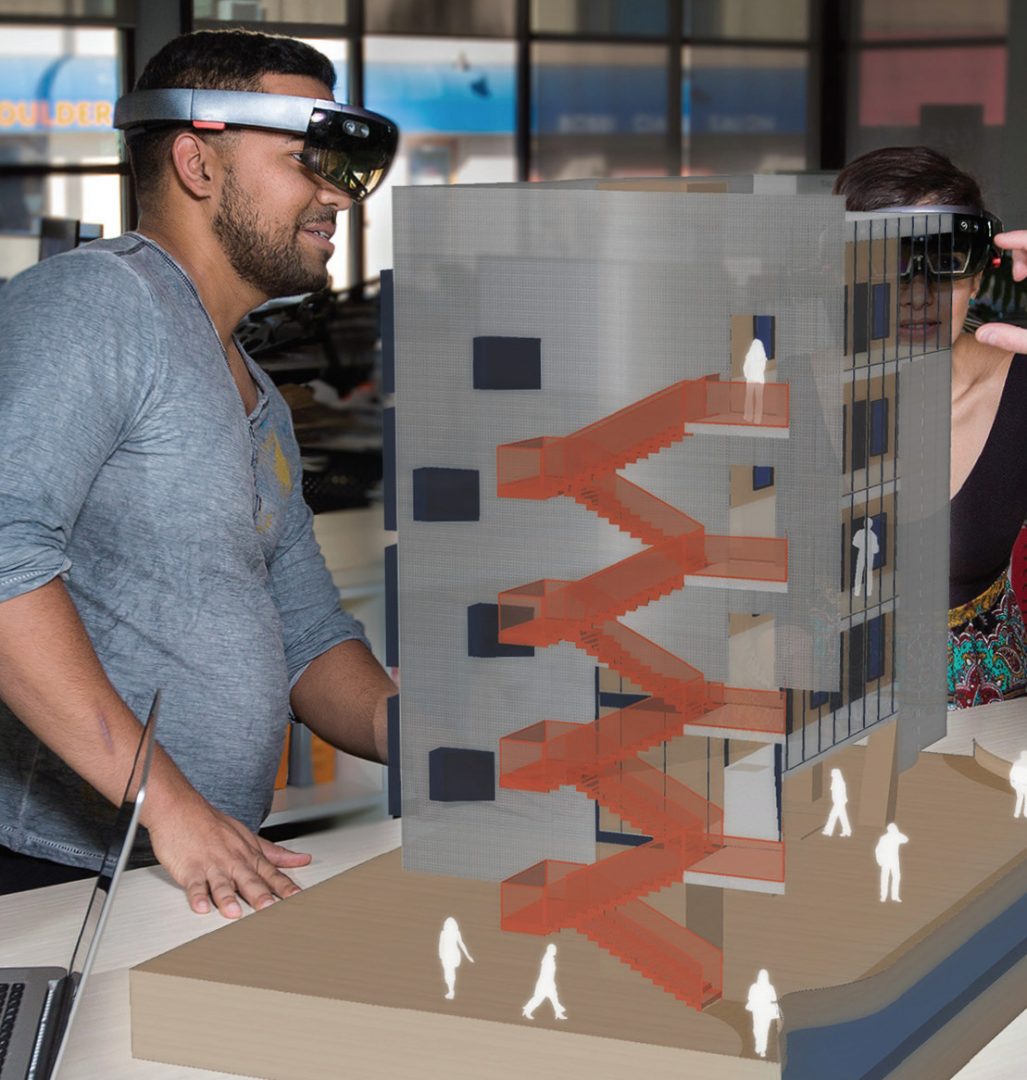
Much has been written about the need to unlock the power of data and digital methods to improve the performance of infrastructure and productivity of the building industry. Recognising the potential benefits of these methods, the New Zealand Government and building industry are co-investing in an eight-year (2018-2026) research programme, under the banner of the Building Innovation Partnership (BIP), to accelerate digitalisation of the infrastructure sector. This industry-led programme has to date focused on two applications of data and digital methods.
Geospatial Research Seminar Series (GRISS) – 5 March 2021
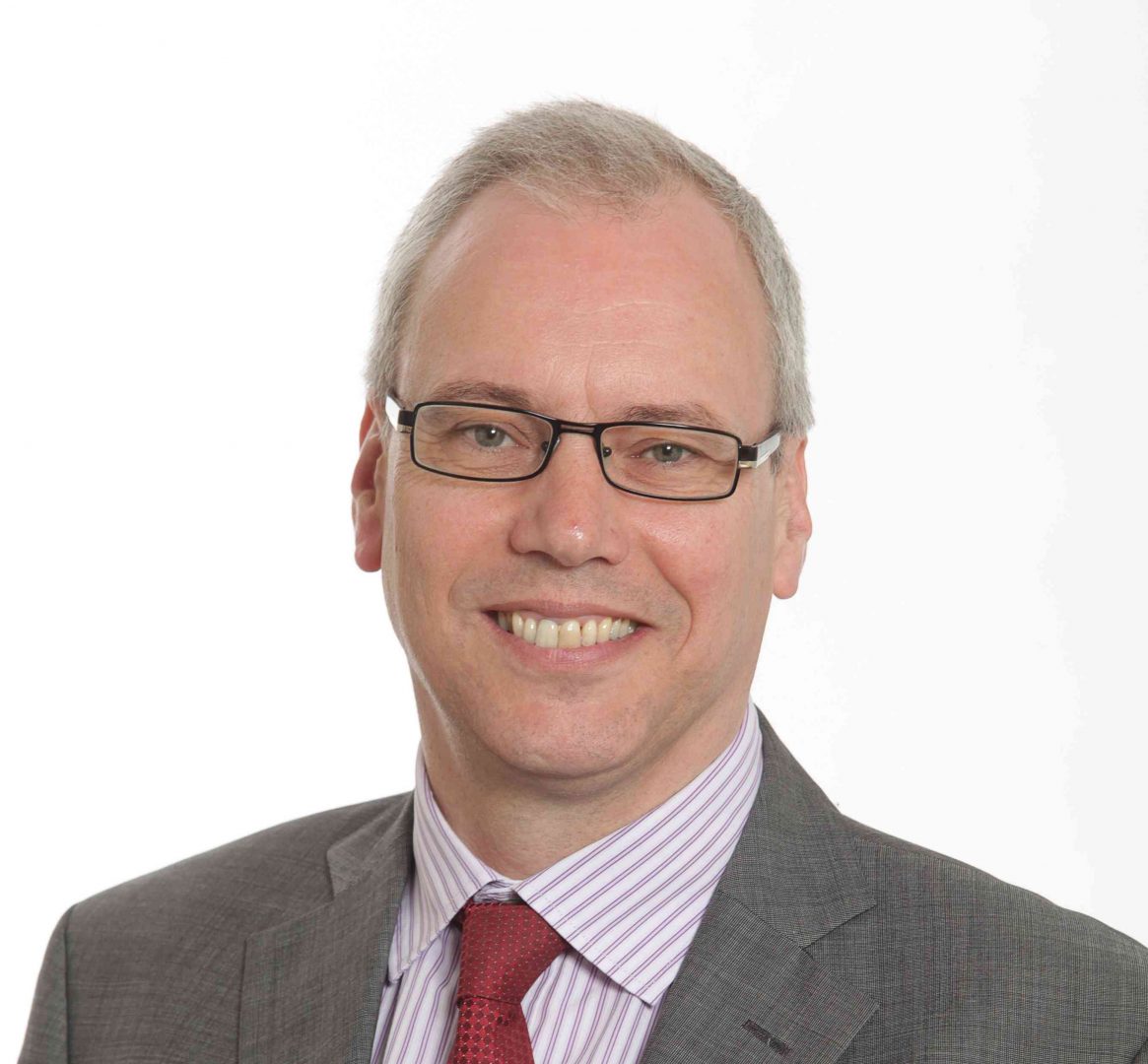
Global Satellite Navigations Systems such as GPS enable positioning information accurate to about 5-10 metres. A Satellite Based Augmentation System (SBAS) will improve the accuracy to less than a metre, and in some devices to 10 centimetres, and provide greater integrity. More precise and accurate positioning increases our productivity, secures our safety and enables innovation. Unlike most regions of the developed world where SBAS is available, Australasia does not currently have access to any reliable free-to-air augmentation services. LINZ and Geoscience Australia are working together to develop a regional SBAS to improve the accuracy of GPS.
Geospatial Research Seminar Series (GRISS) – 27 November 2020
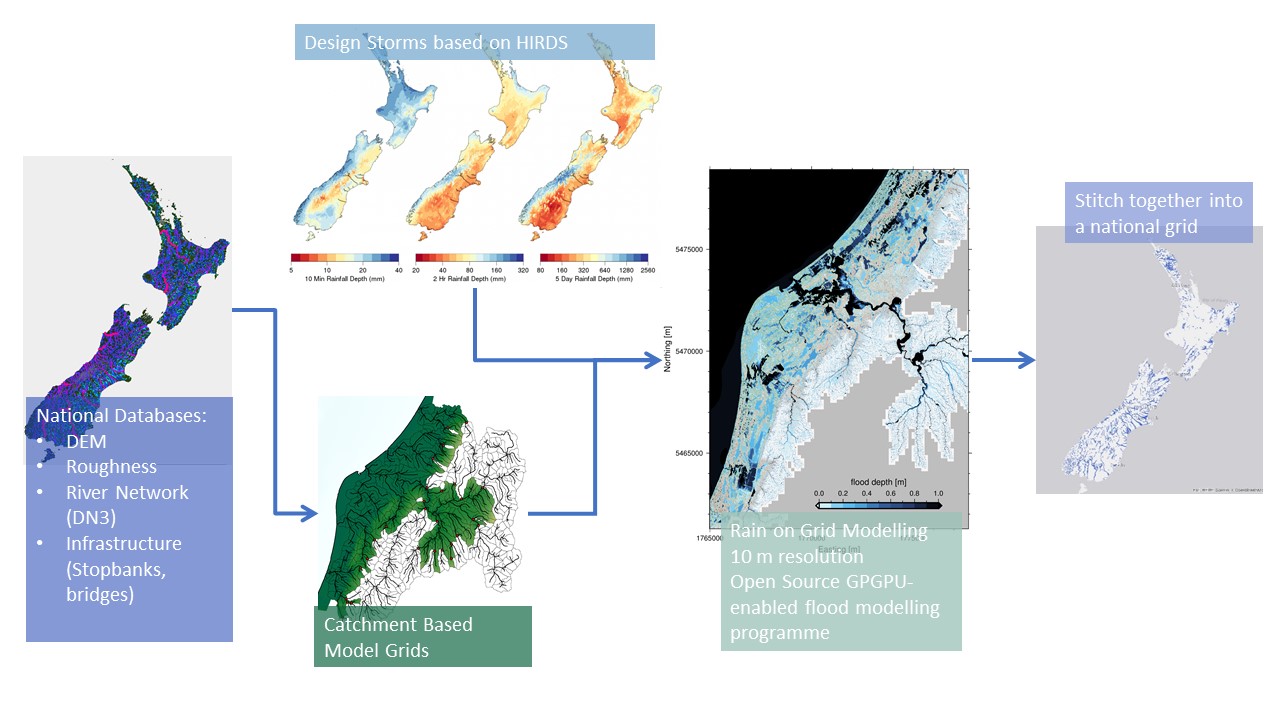
Flooding is Aotearoa/New Zealand’s most frequent hazard and its impact will only increase under climate change through both more intense rainfall events and sea level rise. We are currently going through a massive flooding infrastructure revamp as well as investing in significant urban development. However, we don’t yet have a consistent national understanding of what our flood risk is now – let alone in the future.
Geospatial Research Seminar Series (GRISS) – 25 September 2020 (online & in person)
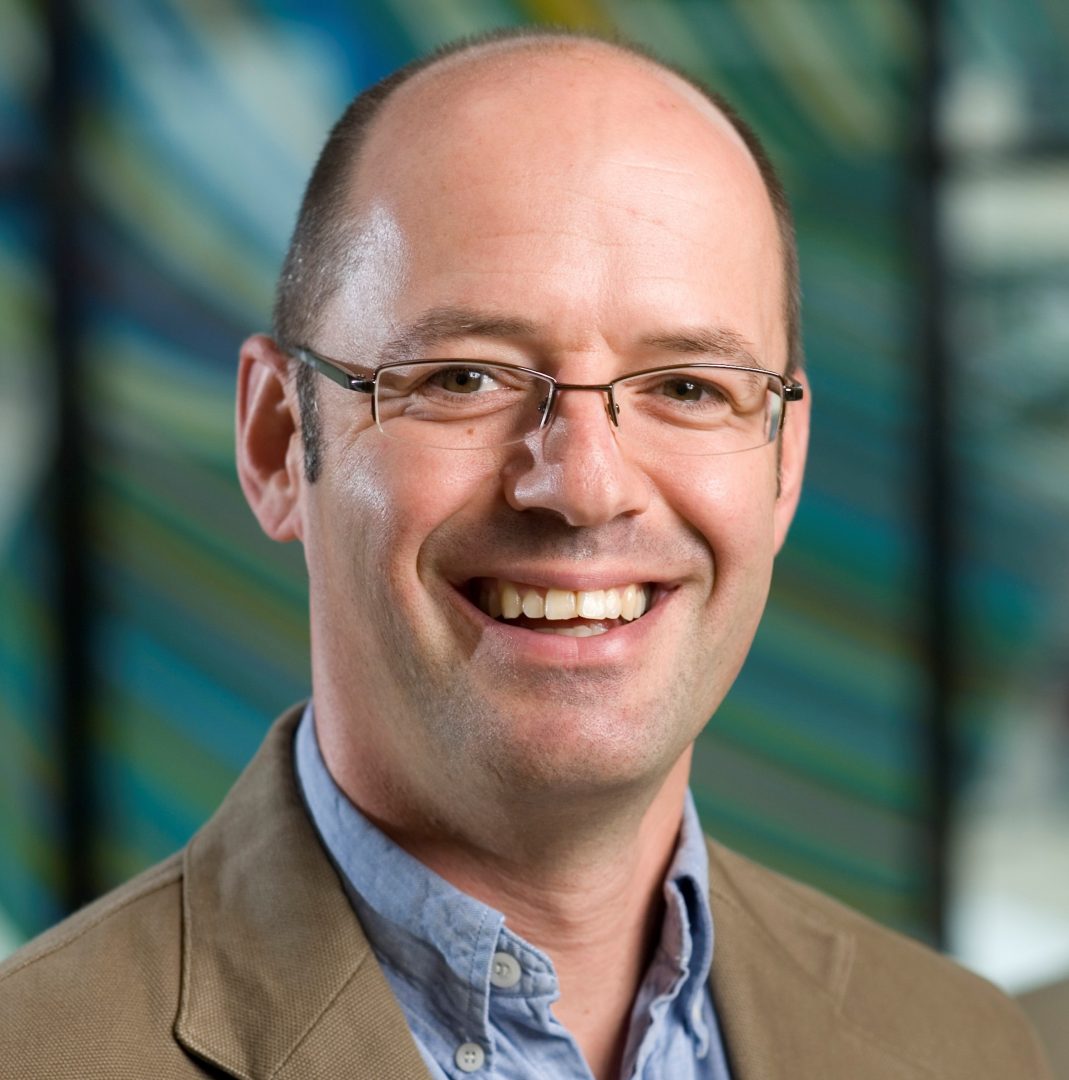
Prof Sabel is a spatial data scientist working in the nexus between health and spatial data informatics. He is Director, BERTHA – Big Data Centre for Environment and Health at Aarhus University, but previously worked at the University of Canterbury, Department of Geography as a GISc lecturer. The BERTHA Big Data Centre for Environment and Health at Aarhus University, Denmark, aims to muster the huge potential opportunities from the Big Data revolution to help us understand the complex interactions between environmental pollutants and human health.
Senior Lecturer and research fellow at the GeoHealth Laboratory Dr Matthew Hobbs gives an Author Q&A Research Insight by the British Dental Journal
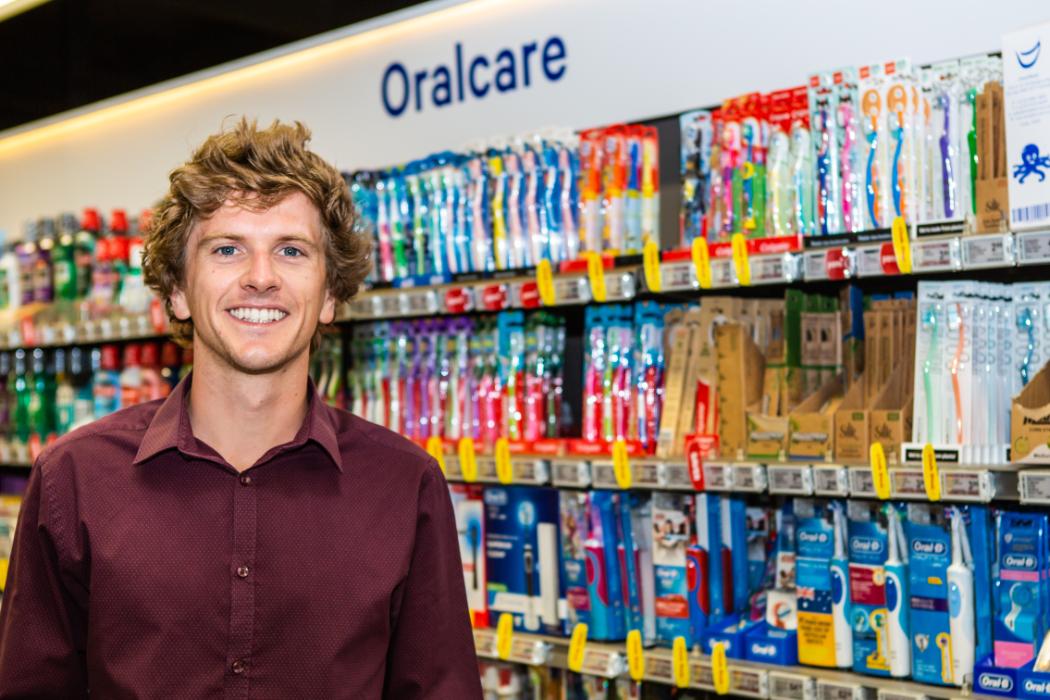
The article, Investigating the prevalence of non-fluoride toothpaste use in adults and children using nationally representative data from New Zealand: a cross-sectional study, of which Dr Hobbs is the first author, has already been highlighted in the local media and oral health research sector. The full Q&A of Dr Hobbs by the BDJ can […]
Senior Lecturer and research fellow at the GeoHealth Laboratory Dr Matthew Hobbs makes the news talking about his research in the prevalence of non-fluoride toothpaste use in New Zealand
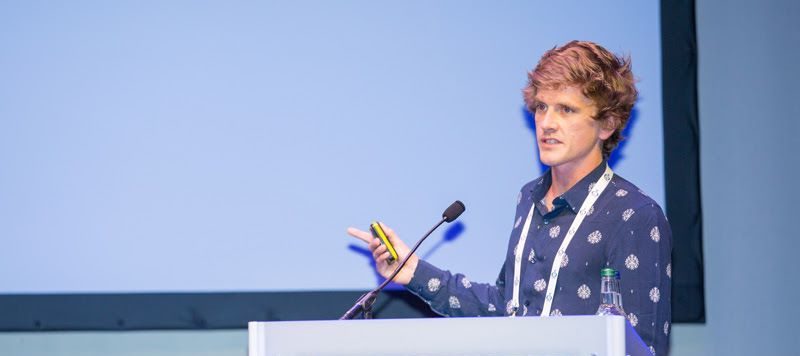
See Dr Hobbs interview at Breakfast morning news show here: https://www.facebook.com/337418942718/posts/10157902159217719/?vh=e&d=n You can also access his related research publication at: https://www.nature.com/articles/s41415-020-1304-5
GEOSPATIAL RESEARCH SEMINAR SERIES (GRISS) – 25 October 2019
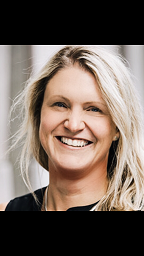
The Geospatial Research Institute is pleased to host Dr Kat Salm. Kat has been working in the spatial industry in New Zealand across government, industry, and research/education for a number of years. She is also the winner of the 2018 New Zealand Spatial Excellence Awards (NZSEA) in the category “Women’s Leadership Award”, as well as the 2019 Asia-Pacific Spatial Excellence Awards (APSEA).
GEOSPATIAL RESEARCH SEMINAR SERIES (GRISS) – 27 September 2019

Regional Councils collect a lot of environmental data. We’re good at it and it is hugely valuable to our policy decisions and general environmental management. A recent valuation of the Environment Canterbury hydrological database was $4.2 billion, based on a mixture of the collection costs and the value of decisions made with those data. With all that data comes the challenge of data management and more importantly; how to tell a coherent story of “what’s going on”. This seminar will set out the types of data collected by Environment Canterbury and discuss possibilities for telling environmental stories in a better way.
GEOSPATIAL RESEARCH SEMINAR SERIES (GRISS) – 26 July 2019
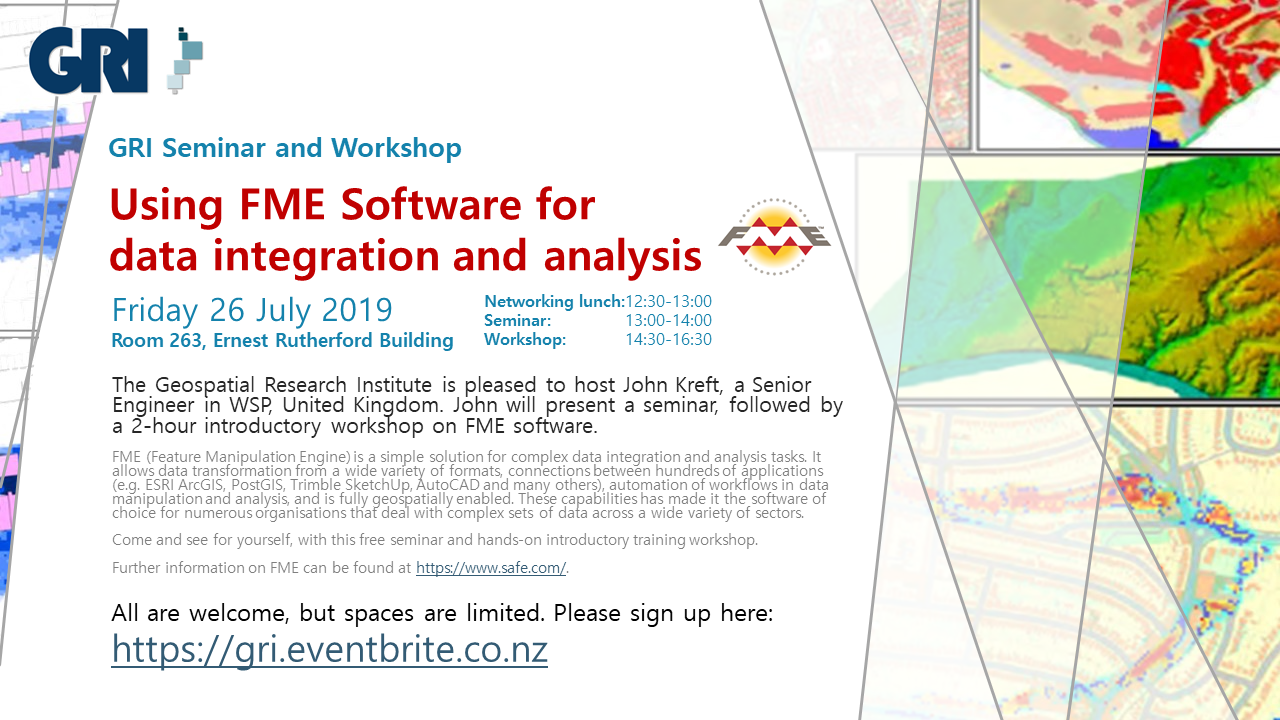
FME (Feature Manipulation Engine) is a simple solution for complex data integration and analysis tasks. It allows data transformation from a wide variety of formats, connections between hundreds of applications (e.g. ESRI ArcGIS, PostGIS, Trimble SketchUp, AutoCAD and many others), automation of workflows in data manipulation and analysis, and is fully geospatially enabled. These capabilities has made it the software of choice for numerous organisations that deal with complex sets of data across a wide variety of sectors.
